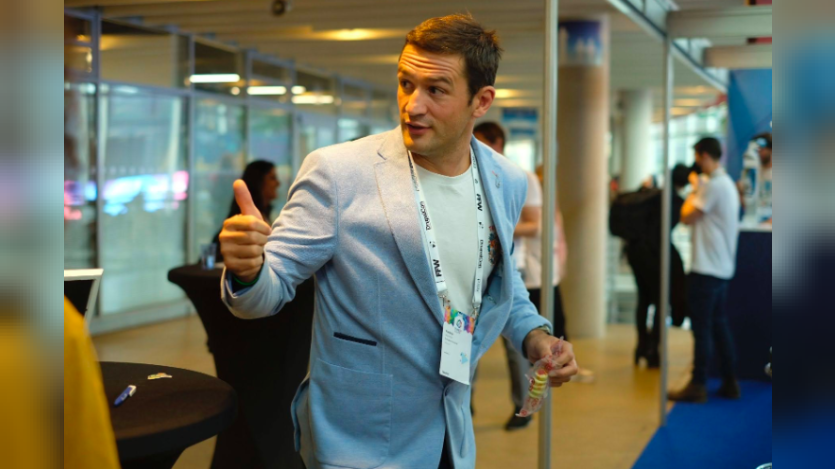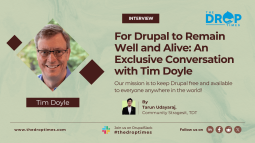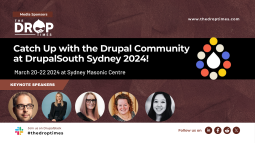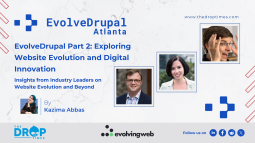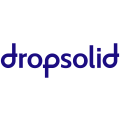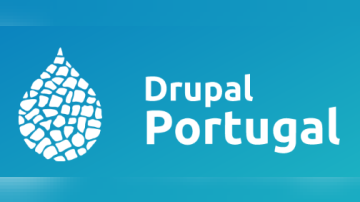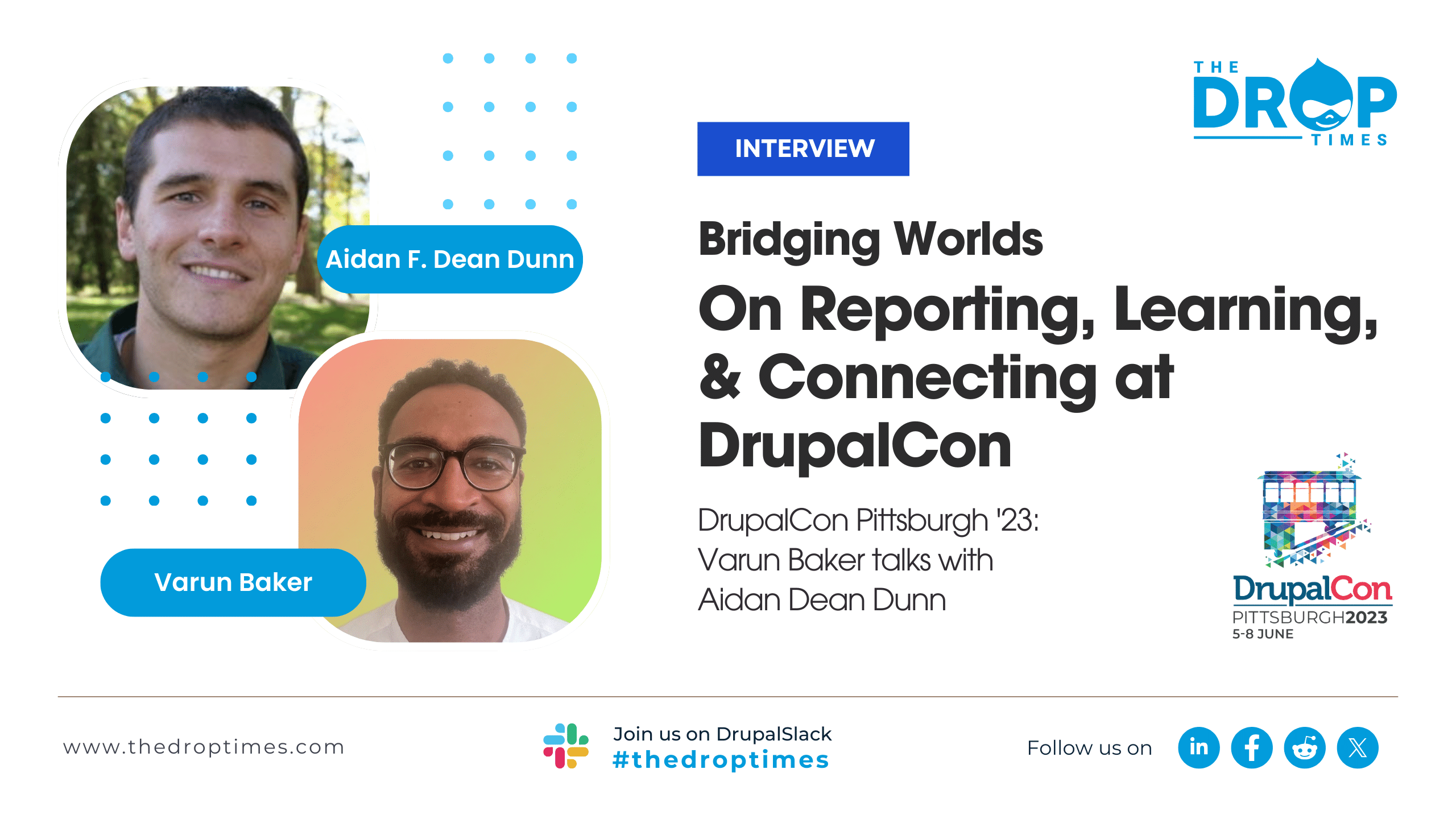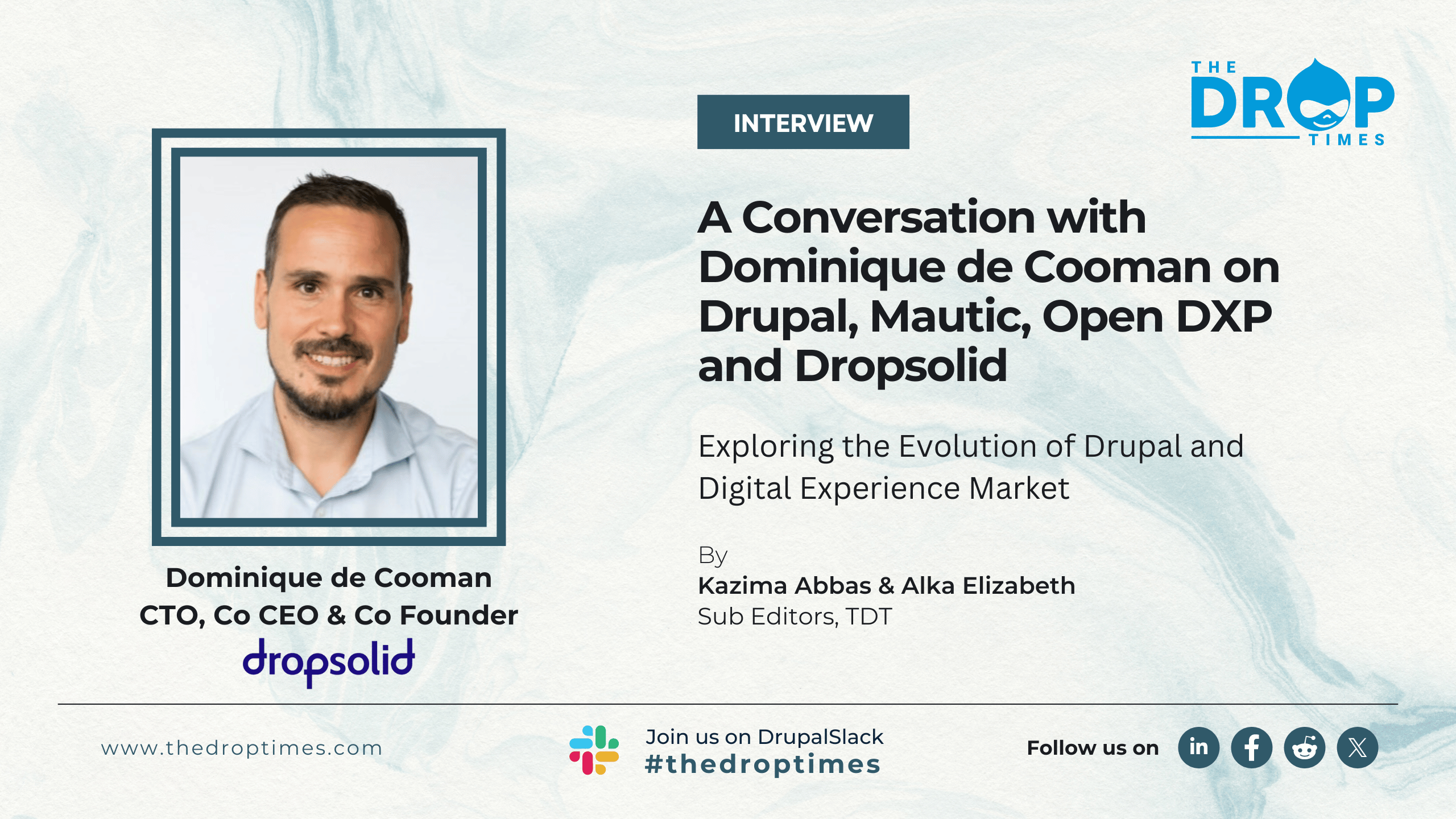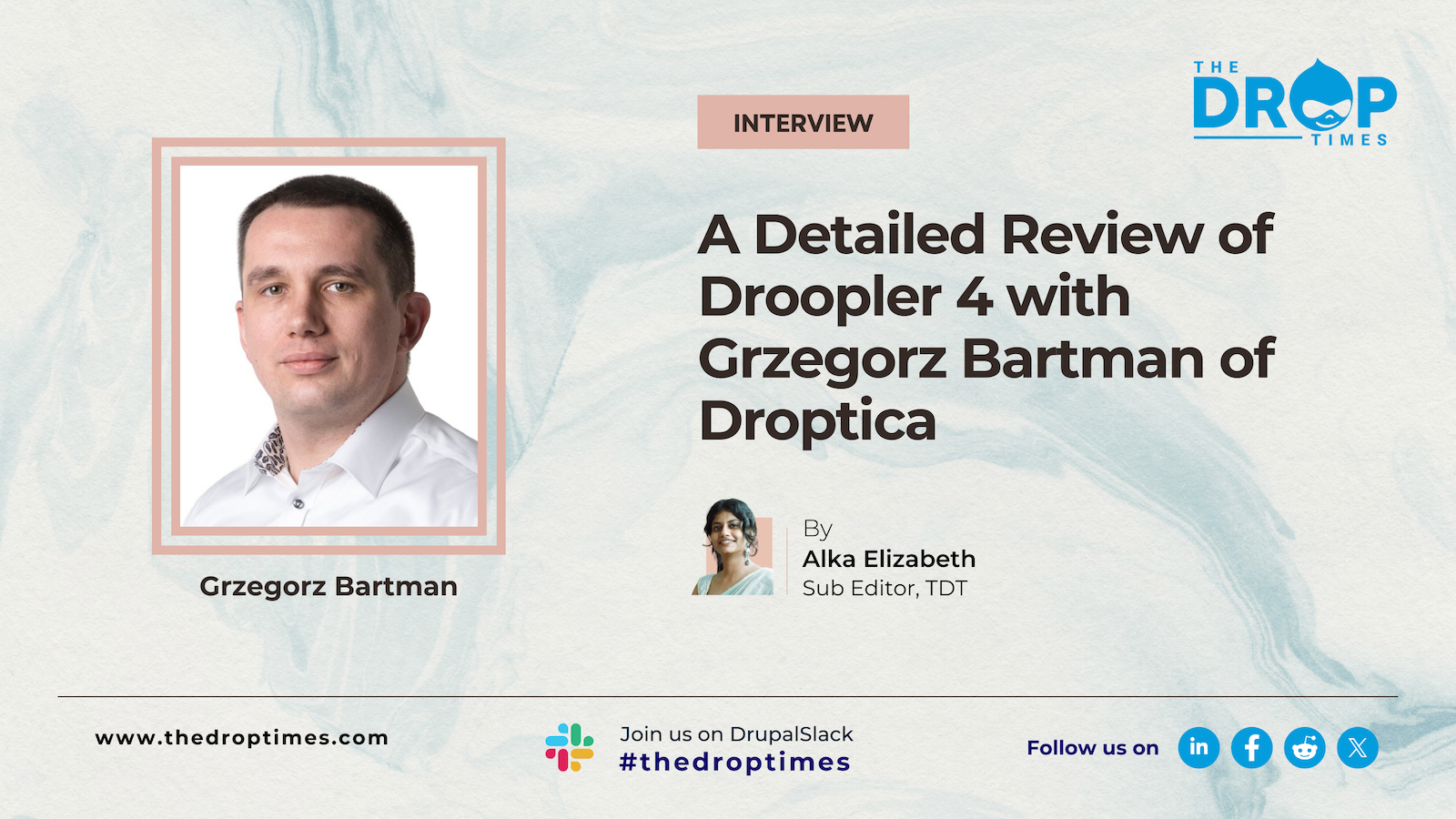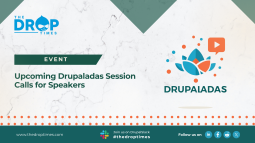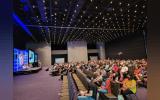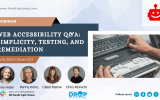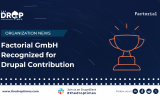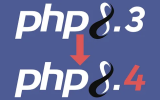Frederik Wouters: Predicting and Pioneering Drupal-AI Interplay
Meet Frederik Wouters, a professional whose journey has spanned a diverse spectrum of technology domains. From enterprise architecture to software project management, web development, and team leadership, Frederik has navigated the volatile tech world with an impressive breadth of expertise. Notably, he's left his mark in fields such as Drupal, AI, and continuous integration.
Recently, at Drupal Day Portugal 2023, Frederik took the stage to unravel the intriguing intersection of Drupal and OpenAI. His session delved into the possibilities and potential of merging these two powerful technologies
In an exclusive interview with Kazima Abbas, sub-editor of TheDropTimes (TDT), Frederik probes deeper into his experiences and perspectives. We explore his journey with Drupal, his thoughts on how OpenAI can revolutionize the digital landscape, and his passion for continuous learning and innovation.
For me, it's obvious that Drupal is still where people want to manage content, translations, and related media. [...] I think these kinds of functionalities will be (basic) requirements for the CMS of the future.
Join us as we embark on this enlightening conversation with Frederik Wouters, a trailblazer in the world of technology.
TDT [1]: Can you tell us about your professional journey and how you've ventured into Drupal and AI?
Frederik: A long time ago, I was fed up with creating my own thumbnail pictures in self-made (PHP) galleries. I remember looking for something to create photo galleries online, and Coppermine was insufficient. I also remember my first Drupal experiment. It was 4.x or 5.x, but I did not manage to create the photo gallery and lost that first Drupal account. Working at the Bank taught me a lot about mathematics and automatic testing on the mainframe (COBOL), but also that I really loved web development and fast-moving projects.
At Amplexor (now Acolad) I really got to work with Drupal full-time. Drupal 6 was very hot at that time. Years later, when I was working for the Flemish government (Then AIV), chatbots started getting hyped. I experimented with Dialogflow (google), and I set up a few POCs (Proof of Concepts). At a certain moment, they had an official bot for ordering sandwiches carrying my name, "Fred Kroket".
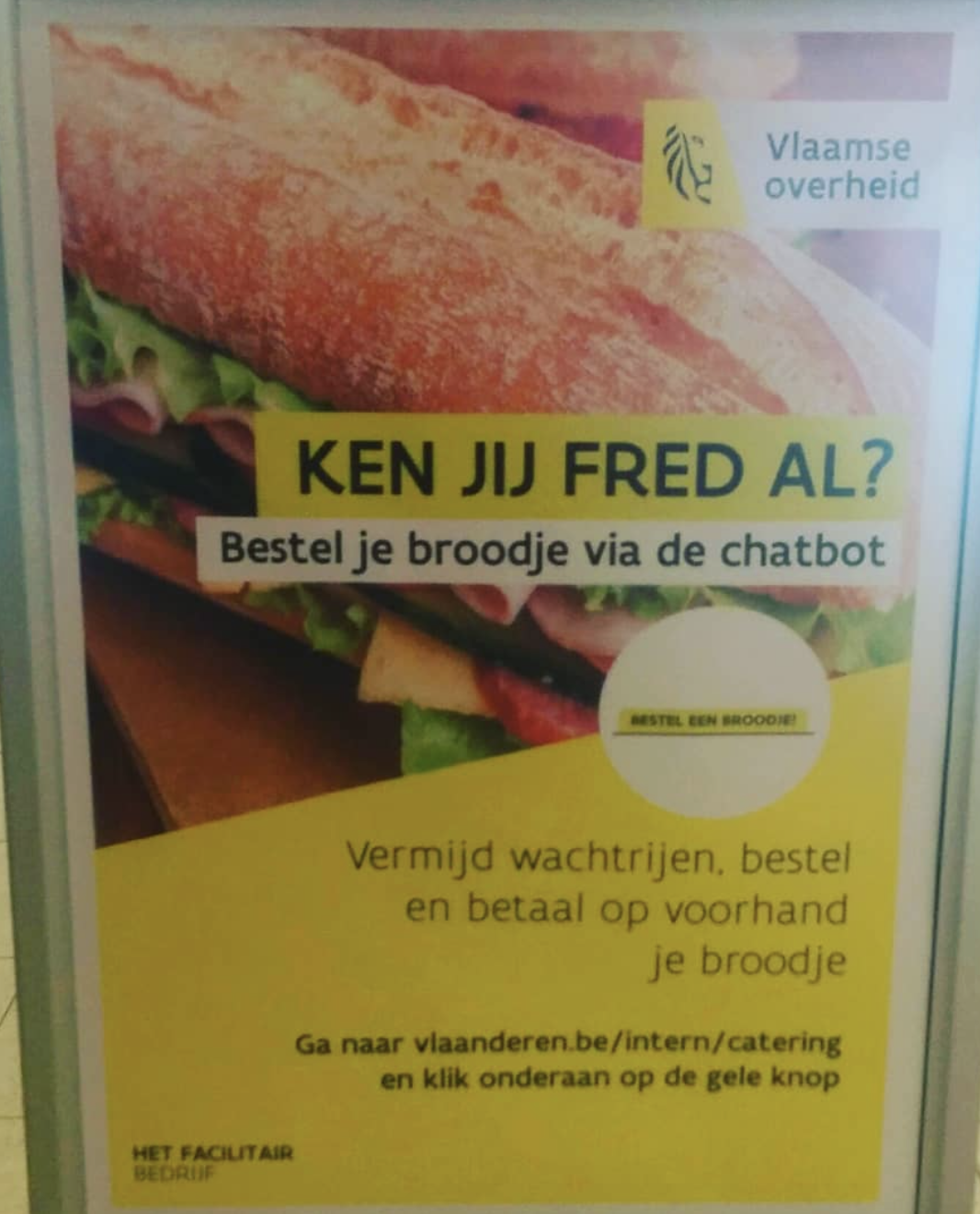
When I got that phone integration and the chatbot linked to Drupal, it was a very cool thing. I presented about it at numerous events with a Live Demo. "Feed your Chatbot Drupal Data" was a presentation where I explained some theoretical things on how AI models work and how chatbots work and then a Live demo where I phoned my Drupal and told it to go into maintenance mode. I still think that's cool. @sgrame even illustrated some custom graphics for that presentation.1
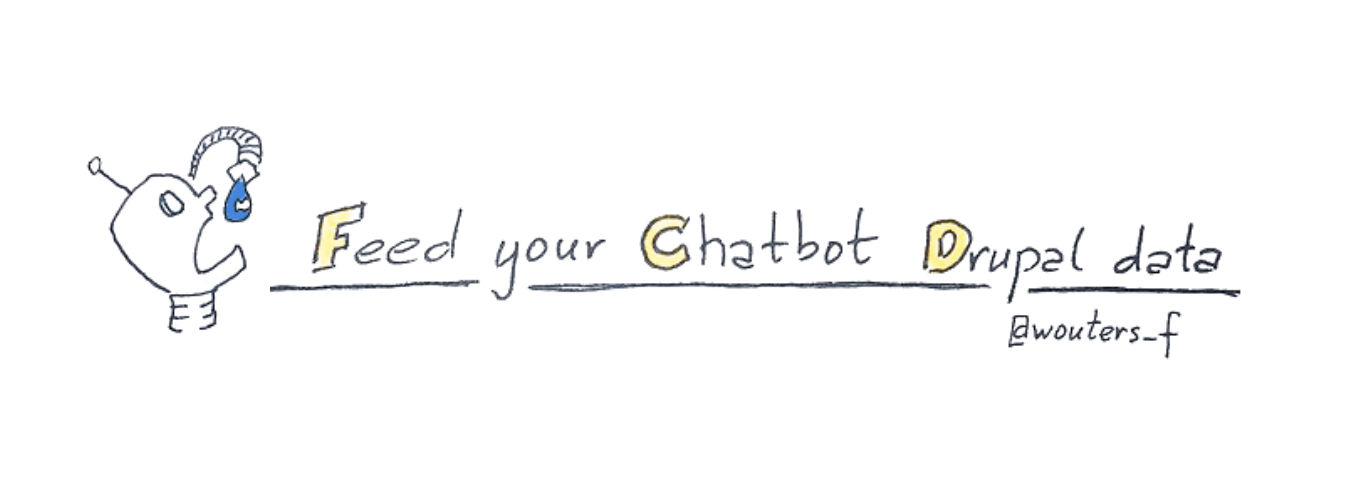
Years Later OpenAI started getting popular. But when Vincenzo Gambino showed his live demo at Drupaljam I was convinced this would be important in Drupal. That feeling only got stronger after Seeing James Abrahams' session in Vienna. He was using GPT to create views, index and interpret text from nodes (embeddings) and respond to the user with answers from your editor's content. How cool is that ?!
For me, it's absolutely clear that Drupal is still the place where people want to manage content, translations and related media. A lot of the menial tasks can now be offloaded to an AI. For example, alt text (often ignored or forgotten but crucial for visually impaired users) can now be automatically added by a simple module (auto_alter). A summary is just a click of a button away with openai_content. Translations happen automatically with the chatgpt_plugin. I think these kinds of functionalities will just be (basic) requirements for the CMS of the future.
TDT [2]: What motivated you to pursue certifications like Scrum Master, Product Owner, Prince 2, and TOGAF 9.2 in addition to your technical expertise?
Frederik: When I was working at VRT with one of the most crazy teams ever (some of these crazy people in the picture) I got the privilege to try out the scrum master role. To me, it made absolute sense to learn about the role I would be fulfilling. As I like to learn (and the course was great), The Product Owner role was an easy next victim for my learning hunger.
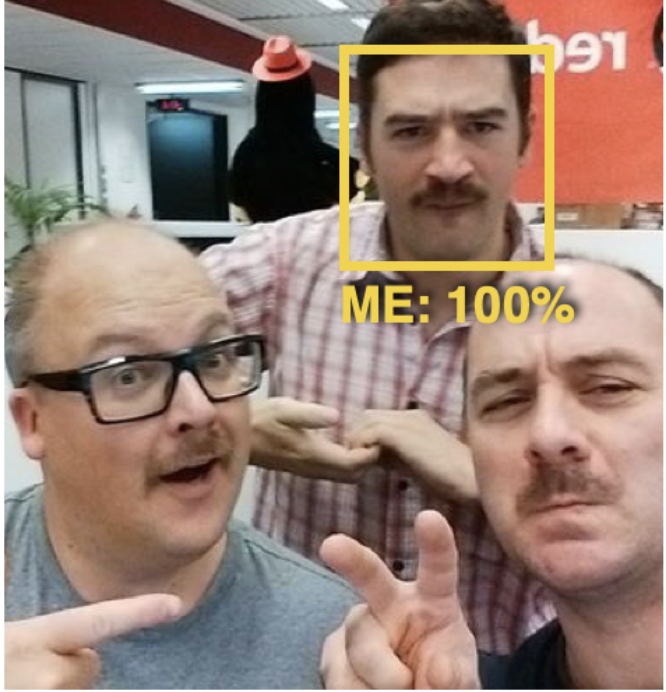
When I was a project manager at the European Commission, I got interested in those methodologies.
There's a Russian saying: "100 years of living is 100 years of learning". I already subscribed to my next course, but I'm not yet sharing what that is about.
TDT [3]: Could you provide a brief overview of the session you'll be presenting at Drupal Day Portugal on "Drupal and OpenAI"?
Frederik: First, we glance back at what we expected to happen by 2020 in 2017. Some predictions didn't happen, but others were far exceeded. Then, I go over a brief explanation of what AI is, how it works and how you could train one yourself. Then, we dive into the Drupal specifics. In concreto, this means a list (and Live demo) of modules to make the editor's life easier. This means automatic alt text, title, taxonomy terms, Tone of Voice alteration, text completion, automatic translation, watchdog error interpretation, image generation and more.
I am obliged to Thank Vincenzo Gambino and Jamie Abrahams (and the Open Source community) because they really enabled and inspired this presentation, I'm merely standing on the shoulders of giants. I like to do the live Demos using Gitpod. It's a cool way to have an environment that works everywhere without local dependencies, but it's just an implementation detail.
TDT [4]: Are there any specific challenges or opportunities in the intersection of Drupal and OpenAI that you plan to address in your session?
Frederik: The challenges are the opportunities. The Ai module landscape is fragmented (like with the Solr search modules before search_api). But that also allows rapid prototyping or development. I think a more unified approach will (or should) come. Not that I would want it differently, there's a time and place for everything.
An important nuance I also make is that most or all software is hackable. So don't put all your internal business logic into the AI and be surprised if someday a script kiddie finds a prompt exploit that leaks it all.
Apart from that, It's also crucial to be aware that everything you send to OpenAI flows to the United States, and from a European standpoint, that's not ideal. I know Dominique from Dropsolid has some Ideas on Sovereign AI in combination with Drupal but I don't know the details.

TDT [5]: As an Enterprise Architect at Dropsolid, could you describe your key responsibilities and how they contribute to the company's objectives?
Frederik: At the moment, I am mainly working for a client of Dropsolid. Apart from that, I really like to attend Drupal events and evangelise about Drupal, Open Source, Personalisation, Kubernetes and cool integrations. So, I try to do that whenever I can. The Drupal Architects at Dropsolid also sometimes request my expertise in some trajectories for bigger clients with a lot of integrations or complexities. That involves making architecture overviews, evaluating scenarios, and assisting in creating the strategy for complex projects. I like complex projects.
TDT [6]: Dropsolid is known for its expertise in Drupal. Could you share some insights into how Drupal fits into Dropsolid's service offerings and strategies?
Frederik: Dropsolid is a technology company that bets on Open Source. In that aspect, I'm 100% aligned with the company. That also makes Dropsolid attractive to developers who are serious about Open software (and like to give back once in a while).
Dropsolid created the Dropsolid Digital Experience Platform (in short DXP). Drupal is the CMS portion of the Dropsolid Digital Experience Platform, but there are two more pillars in a DXP. The CDP part is Apache Unomi, and Mautic does the Marketing automation. Sometimes, frontends are built separately in React or other frontend technology.
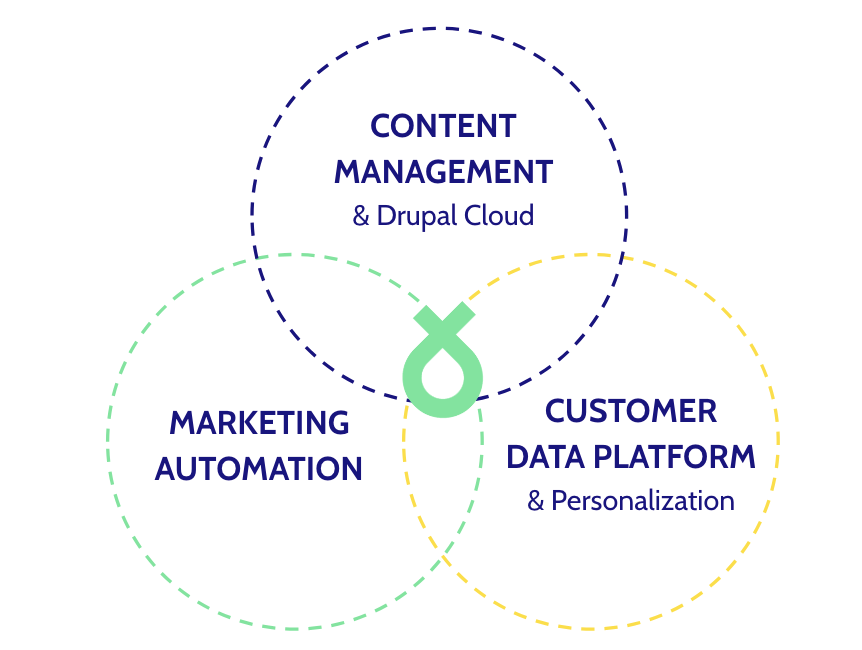
TDT [7]: What are your thoughts on Drupal Day Portugal, and what value do you believe it brings to the Drupal community and the larger tech ecosystem?
Frederik: I've attended Drupal Day Portugal twice now, and on both occurrences, it was a well-organised event. I particularly like the single track: no FOMO (fear of missing out). They added some parallel workshops this year, but I'm not into that now. I heard from one of the organisers that they have enough proposals to fill multiple days, but I'm glad they didn't. This really keeps the quality high. I've noticed that people with all kinds of experiences attend Drupal Portugal Day. There are only upsides. Some business owners meet there and have interesting conversations, young new developers learn for a few hours, and the regulars laugh at my bad jokes (or why they should not ignore that shiny new thing). There's something in it for everybody.
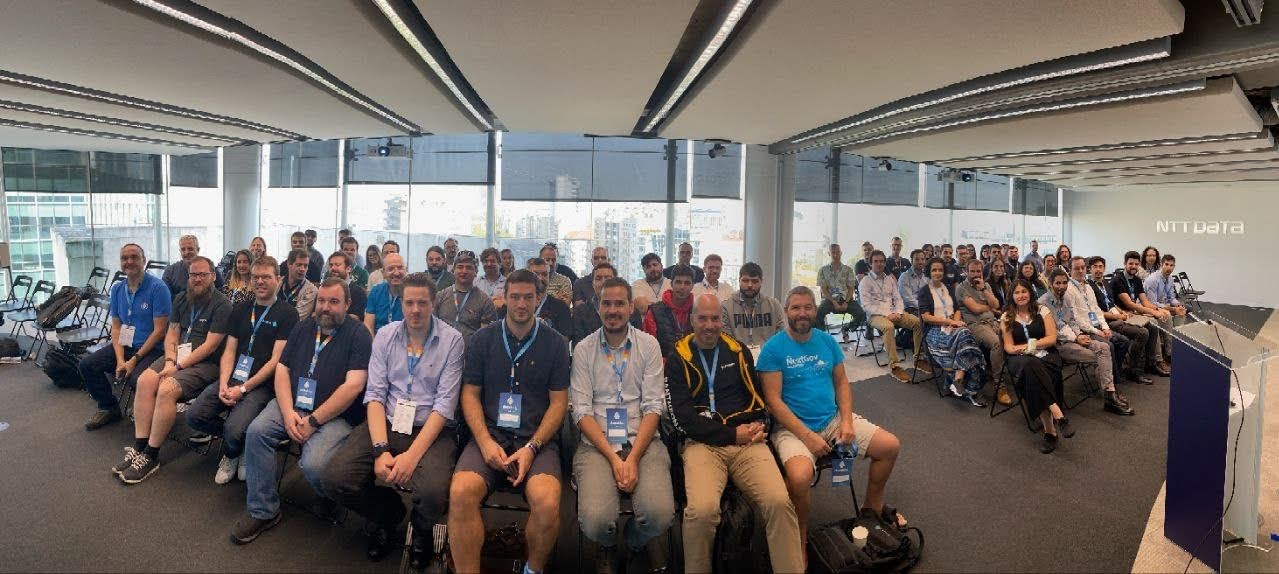

TDT [8]: In your previous podcast episode, you discussed Kubernetes and its connection to Drupal. Could you briefly elaborate on the significance of this integration for web developers and enterprises?
Frederik: Some companies are evolving to a 'you run it, you own it' / DevOps atmosphere. This allows developers (or should I say DEVelOPerS) to take up big responsibilities. If your Drupal is handling thousands of logins every day and needs to scale up pretty fast (at the end of the month, I'm looking at you bookkeepers) but scales down to almost nothing on the weekend, you're going to have to keep that in mind setting things up. Kubernetes allows this out of the box. Kubernetes also makes it cloud-agnostic. You can deploy your Drupal project with related Technologies(memcache/ElasticSearch/Solr/…) on containers on any cluster, be it locally, Azure, Google Cloud or AWS.
I also noticed the developers are using the zero downtime deployments more often. It means new code is spun up next to the old containers, and the traffic is moved gradually. It's not possible for all updates, but it's sometimes helpful.
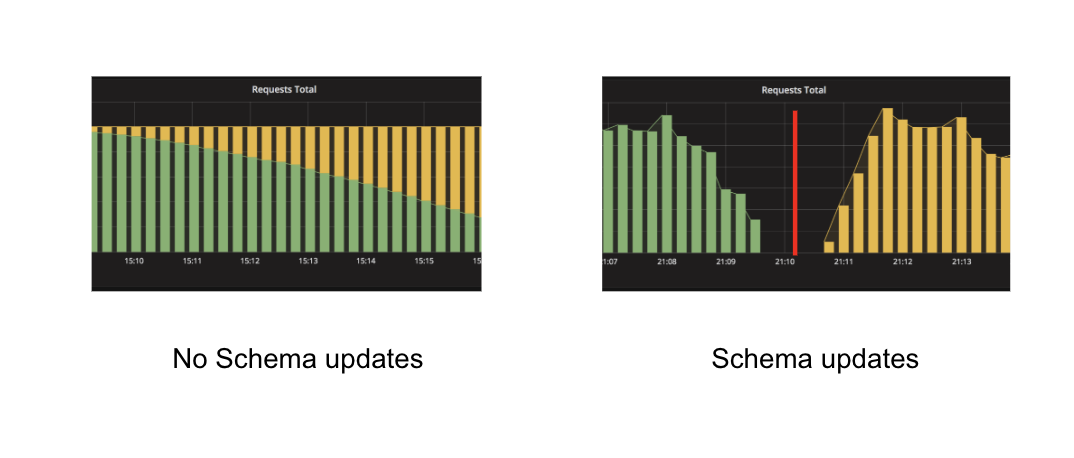
TDT [9]: Are there any ongoing projects or trends in the tech world that you find particularly fascinating or that you're keeping a close eye on?
Frederik: I made some predictions in 2017 that came out. Currently, I'm starting to think that the higher-end sites will have a search that's more natural than a typical exact match search (or both). I think that will be a commodity pretty soon. Think, "I'm asking a question to my intranet, and it answers me with my own content".
Liip did a nice experiment with Zurich City GPT: (technical details here).2
Since the OpenAI offering currently is only in the US, I think in some time, there will be a European variant a little more locked down, and then embeddings will become very important. By that time, I'd like to have that running somewhere.
I'm also following the debate around microservices vs. monoliths, and I like the trend where microservices are no longer the default solution to all problems. I've experienced the downsides of an over-engineered microservice product that could have been a simple application, so I felt the pain.
I also find particularly interesting the quantity of Drupal 7 sites out there. I find it interesting that D7 will outlive not only D8 but D9 too. Will it outlive D10? It's already an LTS. Why not keep supporting it? I know Dropsolid will support it sometime, even after the EOL, and I think that's just right; the numbers prove many companies/organisations/people are still depending on it.
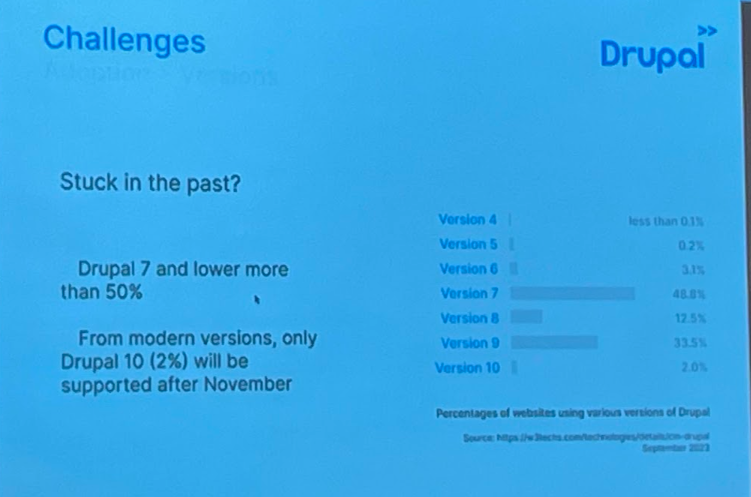
TDT [10]: Juggling a diverse professional background and deep interests can be challenging. How do you manage to strike a balance between your work, certifications, and personal passions?
Frederik: I think it comes down to priorities. I like to Sport (a healthy mind in a healthy body, you know, check Magnus Nordlander's talk about it)3 and read some books (my last book was about breathing).4
To keep up with new things, My evening hours are not spent behind the TV but doing sports, learning or reading. I miss out on a lot of movies and series that way ¯\_(ツ)_/¯.
I already figured out I'll never be a triathlete because I can't allocate that kind of time with kids and a career (my wife also works some evenings). But I would like to be a good, sporty, healthy father to my kids with a thing to say about technology.
TDT [11]: To wrap up, could you offer some advice or insights for aspiring web developers, especially those interested in Drupal and emerging technologies like AI and Kubernetes?
Frederik: With Kubernetes, I was just thrown in there because someone had decided they needed to go with it and needed someone to help.
With regards to AI, I attended a session at Howest, and I remember one speaker saying: ,
"There will be a knowledge gap: People that can use AI to leverage/improve their work and be much more efficient, and people that can't".
I decided that I did not want to be on the other side of that gap.
The advice I would like to give anyone really is, if you're interested in whatever (AI/K8s/Symfony/React/Drupal/…), go for it. I personally learned the most by experimenting. The worst thing you can learn is that it's not your thing, and that is a valuable lesson too. Just go for it.
The older I get, the more I appreciate solving a bug. Building a new module is fine, but there's so much knowledge to gain by solving a bug in some existing code (custom, contrib or core). If you want to learn something, try to fix some bugs, even in a legacy system like Drupal 7.
If you're not sure where to start and don't have a mentor (like a senior in the office), use the power of the community and ask on a Drupal slack channel, or check out some sessions. There are complete strangers on the other side of the world who are also interested in technology and might want to mentor/assist/help you. All you have to do is go for it. At many Drupal events, mentors are willing to physically help you with whatever you're doing.
May the force (of the community) be with you!

- 1Frederik Wouters, (Presentation/Slide show in Google Docs), "Crossing (Drupal) Borders - feed your chatbot Drupal data," Retrieved 11 October 2023, https://docs.google.com/presentation/d/1_iJRV1kq3K-j2R4r3UJY7nplO1_6v9D9ySTOB5bcFOg/edit#slide=id.g493ceb0162_0_0
- 2Christian Stocker, (liip.ch), "Ask ZüriCityGPT anything about the government and administration of the City of Zurich," Published 05 June 2023, Retrieved 11 October 2023, https://www.liip.ch/en/blog/ask-zuricitygpt-anything-about-the-government-of-the-city-of-zurich
- 3Magnus Nordlander, (Presentation at SymfonyCon 2019 Amsterdam | SymfonyCasts), "How fitness helps you become a better developer," https://symfonycasts.com/screencast/symfonycon2019/how-fitness-helps-you-become-a-better-developer
- 4James Nestor, Riverhead Books, "Breath: The New Science of a Lost Art," Published May 26, 2020. https://www.amazon.com/Breath-New-Science-Lost-Art/dp/0735213615
Disclaimer: The information provided about the interviewee has been gathered from publicly available resources. The responsibility for the responses shared in the interview solely rests with the featured individual.
Note: The vision of this web portal is to help promote news and stories around the Drupal community and promote and celebrate the people and organizations in the community. We strive to create and distribute our content based on these content policy. If you see any omission/variation on this please let us know in the comments below and we will try to address the issue as best we can.



